Noticia
A panel of experts discussed Indigenous Territorial Autonomy and Self-Management
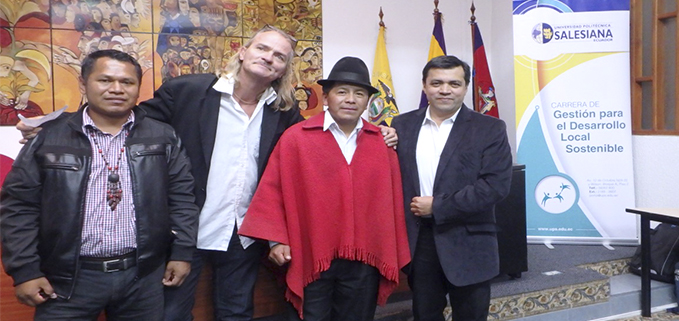
On July 25th, The university's local sustainable development major in Quito, the social movement and territories research group and the Cooperación Técnica Alemana GIZ held a discussion panel titled "Indigenous Territorial Autonomy and Self-Management in Ecuador: Experiences and Challenges".
The aim of this academic event was to introduce the UPS academic community to a debate on the right to self-determination of indigenous people and some of territorial management experiences in Ecuador, in the Andean and Amazonian region.
The speakers were Dr. Rickard Lalander, Professor of the Department of Political Science and Research in the Institute of Latin American Studies at the University of Stockholm, Sweden, who addressed the issue of institutional legal reforms at the state level in the Andean countries, comparing current experiences of Ecuador and Bolivia which are recognized as plurinational states.
Dr. Pablo Ortiz, director of the Local Sustainable Development major, referred to Latin American regional dynamics in this field, with allusions to the Miskito experience in the Atlantic Coast of Nicaragua and Ngäbe-Bugle and Kuna Comarcas in Panama, through indigenous reserves in Colombia and experiences of territorial self-management in the indigenous territory of Pastaza in the Ecuadorian Amazon.
Meanwhile, Floresmilo Simbaña, leader of CONAIE, referred to the prospect of his organization and noted that the State is an obstacle to ensure the validity of indigenous autonomy and the threat of its policies for territories. Then Julio César Pilalumbo, president of the Indigenous and Campesino Movement of Cotopaxi (MICC) spoke about the perspective of the Kichwa of his province by highlighting the exercise of autonomy in their jurisdictions in the educational field of intercultural communication and customary justice.
Finally. Manuel Shiguango, president of the Community Kicwha Wamani from Napo, referred to the experience of its people, whose territories are superimposed within the core of the National Park and Biosphere Reserve area of Sumaco-Napo Galeras.
The speakers acknowledged that despite the legal developments at a constitutional level, there are still difficulties and conflicts on the implementation and full enforcement of collective rights such as self-government and territorial self-management, derivatives of prejudice and racism in certain estates.
Indigenous people of Ecuador and Latin America have promoted important participatory processes that define their life projects, and the establishment of standards that have allowed them to settle, according to their world view, knowledge and cultures, relationships with their environment.
Contenidos Relacionados
Contenidos Relacionados
Noticias Relacionadas
Noticias Relacionadas

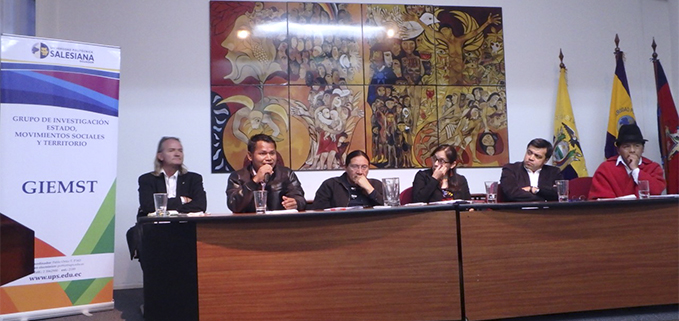
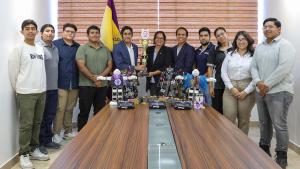
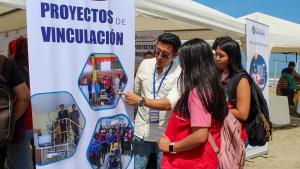
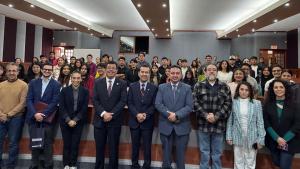

Follow us
Follow us